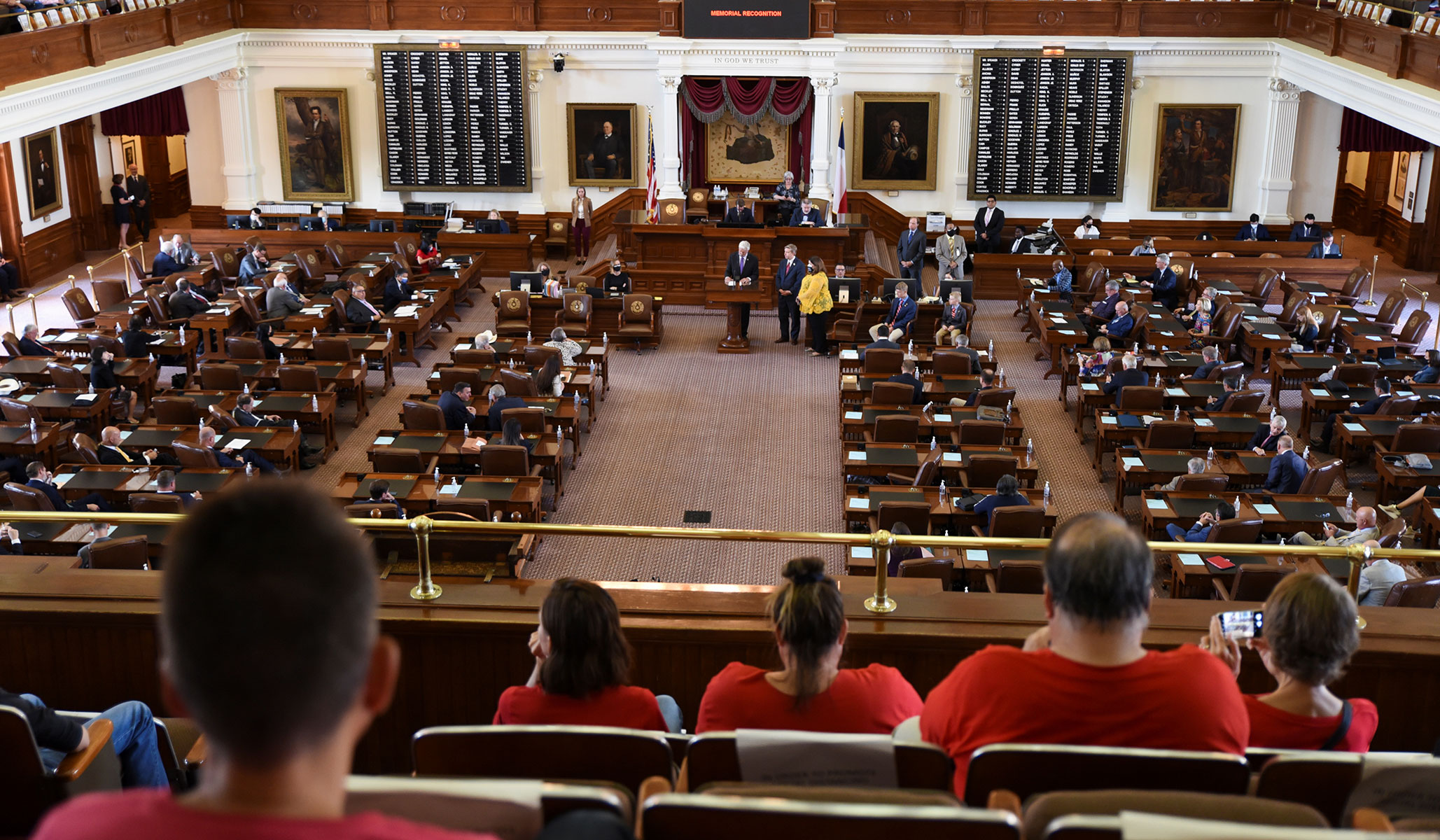


The Texas House on Friday overwhelmingly voted 88 to 12 advance a bill that would ban minors from sexually explicit performances.
Originally limited to drag shows, the bill’s purview was expanded to include any sexually inappropriate act, or one that has a “prurient interest in sex.”
“There is a growing trend to expose children to more and more sexual content,” Republican state representative Matt Shaheen said of the new version, according to the Texas Tribune. “These types of performances were once reserved for sexually oriented businesses, but now they’re occurring in restaurants and other public venues while children are present.”
Violating businesses that allows such shows to be held at their venues in the presence of children would face a fine of $10,000. Individual performers who participated in the lewd show while kids were watching would be charged with a Class A misdemeanor, which is punishable by up to a year in jail, a $4,000 fine or both, the outlet reported.
On the state House chamber floor, the publication added, Republican state Representative Matt Shaheen said the Supreme Court clearly outlined prurient interests to include “erotic, lascivious, abnormal, unhealthy, degrading, shameful, or morbid interest in nudity, sex, or excretion.”
While all 12 votes opposing the bill were from Democrats, most members of the party didn’t take a clear side and opted to vote “present not voting.” Seven Democrats joined Republicans to approve the bill.
Multiple Republican dominated state legislatures have passed or introduced legislation to restrict drag shows that are open to minor attendees. In February, the Tennessee General Assembly passed a bill that would make it illegal to host “an adult cabaret performance” where children may be present. Cabaret performances are defined as those featuring “topless dancers, go-go dancers, exotic dancers, strippers, [and] male or female impersonators who provide entertainment that appeals to a prurient interest.”
Last month, however, a federal judge blocked the law, judging that Tennessee would be overstepping the constraints of the Constitution allowing it to exercise its police power to regulate obscene speech.
“Does a citizen’s private residence count? How about a camping ground at a national park? What if a minor browsing the worldwide web from a public library views an ‘adult cabaret performance’?” the federal judge said in his ruling.
